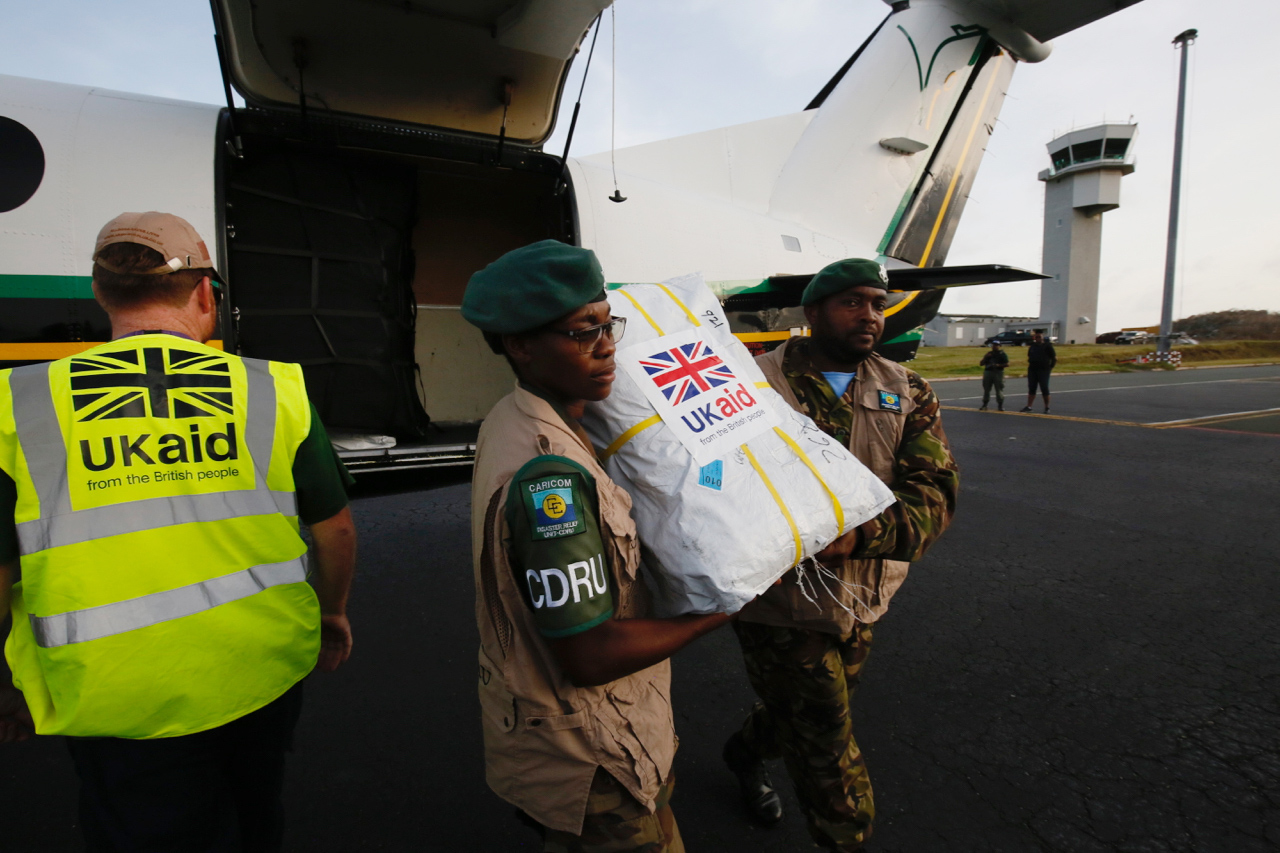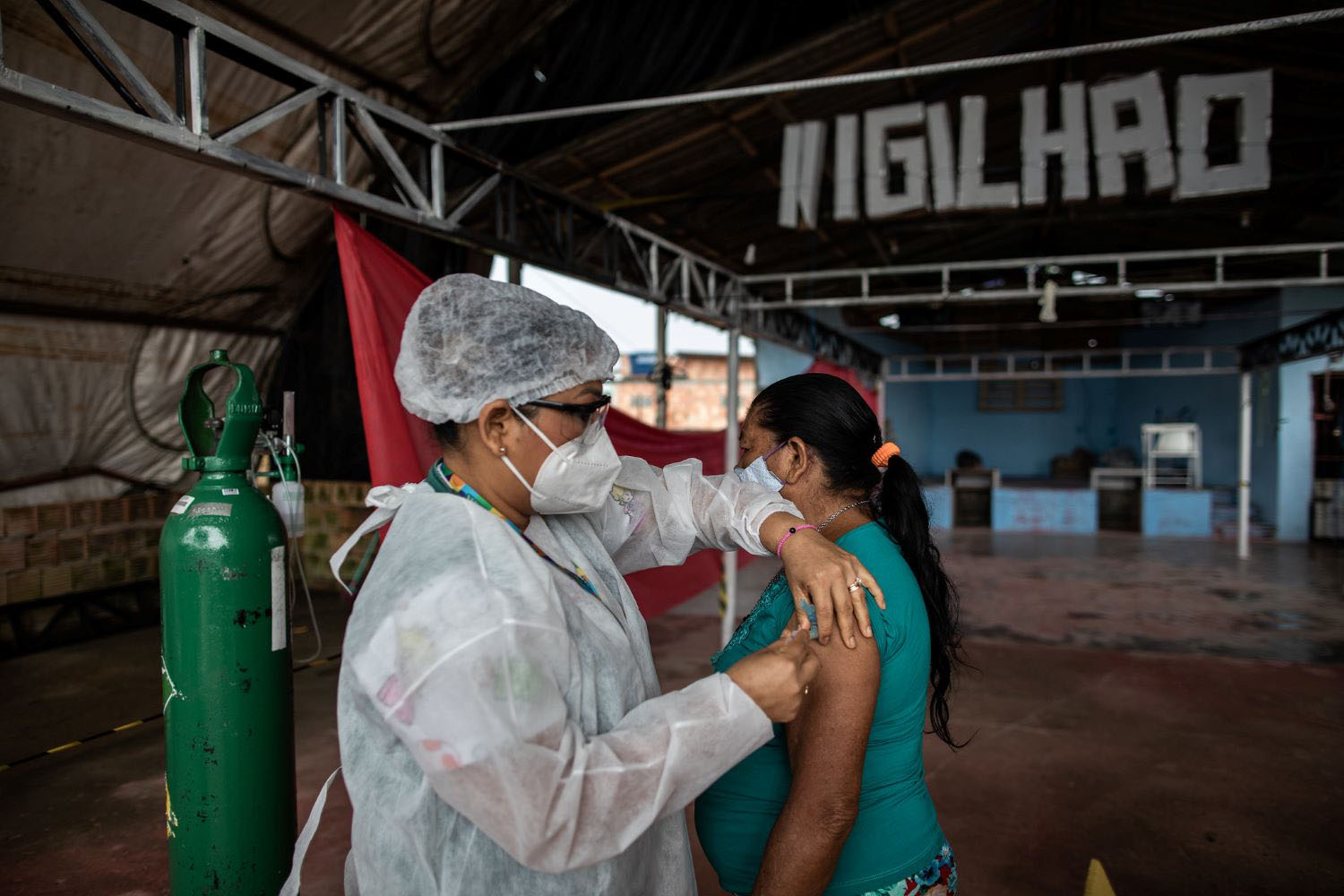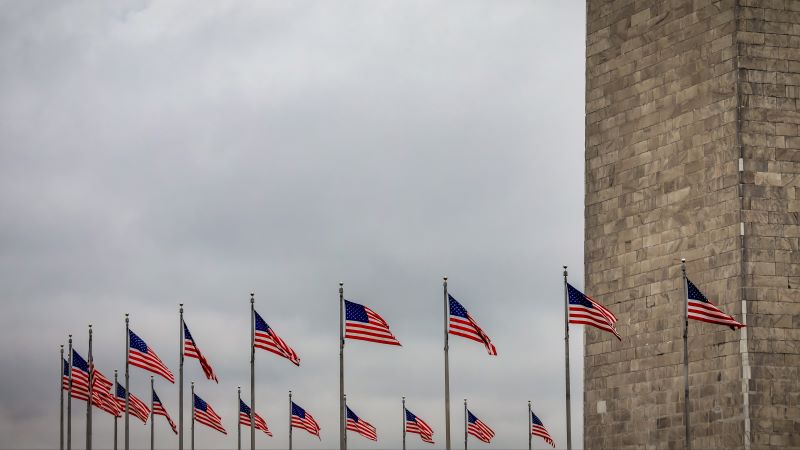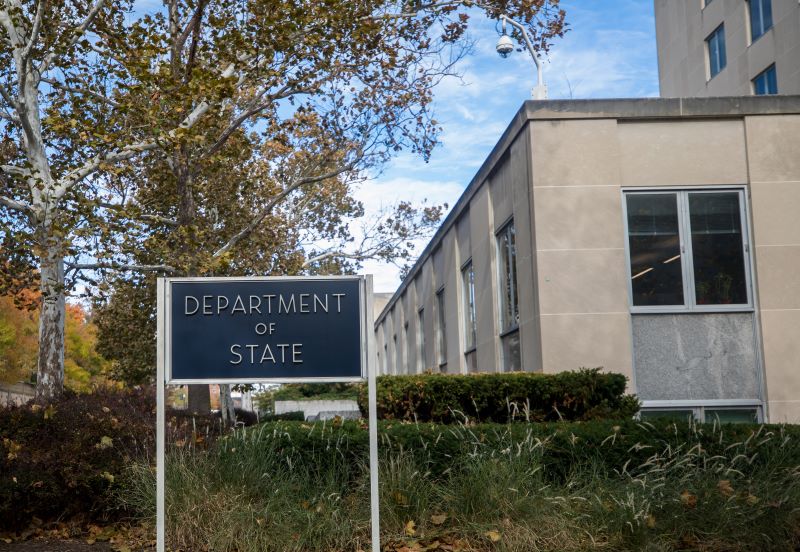Subscribe
Subscribe today to receive CGD’s latest newsletters and topic updates.
All Commentary
Filters:
Topics
Facet Toggle
Content Type
Facet Toggle
Blog Type
Facet Toggle
Time Frame
Facet Toggle
Blog Post
March 05, 2018
A growing number of humanitarian aid organizations operating in conflict zones are having trouble finding banks willing to work with them. We attended an international stakeholder dialogue on ensuring financial services for nonprofit organizations, and offer our preliminary thou...
Blog Post
December 08, 2017
As the price of bitcoin continues its dizzying rise—the currency briefly surpassed $19,000 yesterday—the already passionate debate about its role in the global economy has become even more heated. Over the last two months, prominent economists and financiers, including Citi CEO ...
Blog Post
February 23, 2017
It has been more than 100 days since the Modi government declared that the two largest denomination notes in India—the 500 and 1000 rupee notes—would no longer be accepted as legal tender. The announcement of “demonetization” had an immediate and sweeping effect on Indian hou...
Blog Post
November 10, 2016
Prime Minister Narendra Modi’s announced a bold measure on Wednesday to reduce the role of unaccounted for cash or “black money” in the country’s economy by “de-monetizing” higher-denomination currency notes. The new policy bans the use of 500 rupee and 1,000 rupe...
Blog Post
November 04, 2016
In November 2015, CGD published a report on the unintended consequences of anti-money laundering policies for poor countries, focusing on three groups: migrant workers who send remittances to their families, vulnerable people who are displaced by conflict or natural disasters and are in ne...
Blog Post
November 03, 2016
Distributed ledger technology, like Bitcoin’s blockchain, has the potential to transform cross-border payments, boost financial inclusion, and lessen the unintended consequences of anti-money laundering enforcement. Ripple, a fintech company using distributed ledger technology, made headl...















